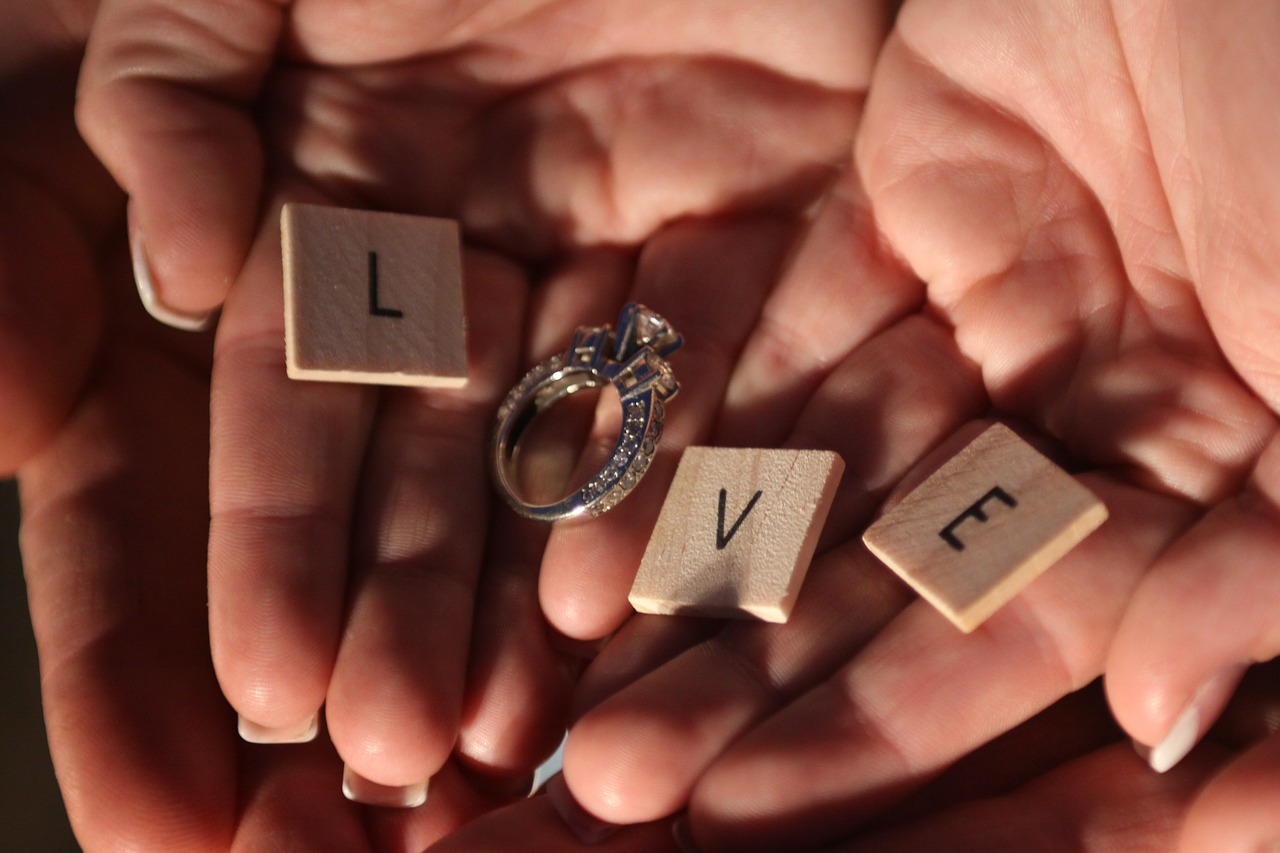The mental health issue is slowly emerging from the shadows. After centuries of neglect, the human condition of mental well-being is finally receiving the attention it deserves. Everyone is affected by mental diseases in some way. Everyone knows someone who has struggled with mental illness at some point. However, many harmful views about mental illness persist, fueling stigma and discrimination and making it more difficult to get care.
As per the WHO, depression is one of the primary causes of disability. Suicide is the fourth highest cause of mortality among 15 to 29 age people. People with serious mental illnesses often die young, up to two decades before their time. According to Astute Analytica, the global mental health market is forecast to grow at a compound annual growth rate (CAGR) of 4.43% during the forecast period from 2022 to 2030.
Below are five common myths concerning mental health
Myth: Panic attacks are dangerous.
Panic attacks are extremely uncomfortable, with a racing heart and an overwhelming sense of anxiety. They cannot, however, be lethal directly.
However, it is worth mentioning that someone experiencing a panic episode is more likely to have an accident. Finding a safe environment might help decrease the danger of a panic attack if someone is experiencing or is anticipating one.
Myth: Mental health issues are a symptom of vulnerability.
Neither is it accurate nor does suggesting a shattered leg indicate weakness. Mental illness is an illness, not a weakness in character. Depression, for example, cannot be "turned around," just as diabetes and psoriasis cannot cure.
On the other hand, fighting mental illness takes strength.
Myth: People with no friends require therapists.
The gap between structured talking treatments and talking with friends is significant. Both can help persons with mental illnesses in different ways, but only a skilled therapist can handle difficulties constructively and in ways that even the closest friends cannot.
In addition, not everyone is comfortable opening up to their loved ones. Therapy is private, objective, and totally focused on the individual, which is difficult to do in more casual conversations with unskilled friends.
Many people do not have close friends. There are many possible reasons for this, and they should not dismiss.
Myth: Mental illness is a lifelong condition.
A mental health diagnosis does not always imply "life imprisonment." Every person's experience with mental illness is unique. Some people may go through episodes before returning to their version of "normal." Others may find solutions that restore balance to their lives, such as medication or talking therapy.
Some people may not feel completely cured of a mental illness, and others may endure symptoms that worsen over time.
The takeaway lesson is that many people will recover to some degree or another.
It's also crucial to remember that different people define "recovery" differently. Some people think of recovery as a return to their previous state before the symptoms started.
Others may define healing as the relief of symptoms and return to a fulfilling life, but that may differ.
Myth: Mentally ill people are always violent.
Of course, this is not true. As the public becomes more aware of mental health issues, this misperception diminishes. Even those suffering from the most serious illnesses, like schizophrenia, are typically nonviolent.
True, some persons with mental problems can become aggressive and unpredictable, but they are the exception rather than the rule.
Closing Note:
While mental illnesses are frequent, therapy is available. In order to dispel myths and stigma surrounding mental illness, everyone must all work together. Although society's awareness of mental health concerns has advanced dramatically since a decade ago, still has a long way to go.
Check Write For Us Healthy Lifestyle category at Health Review Board Website to submit health related blogs.









